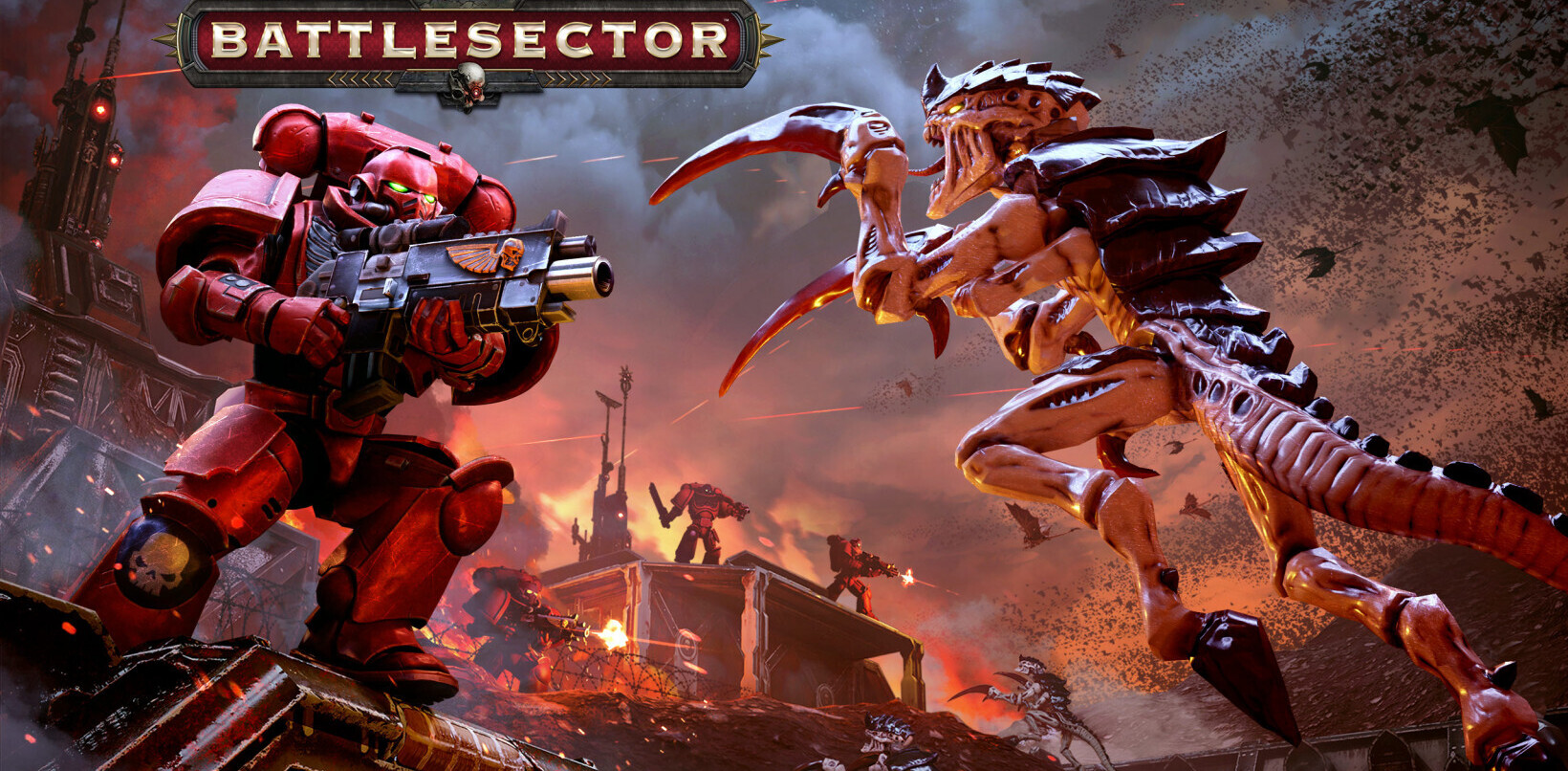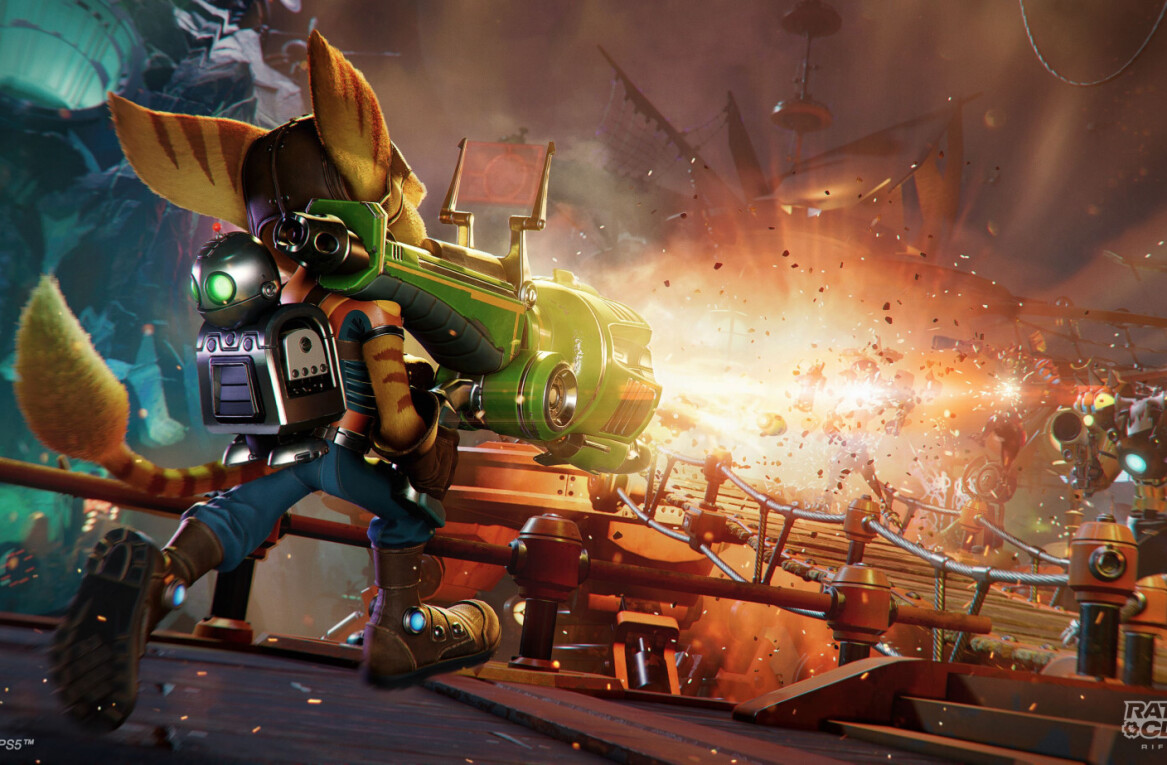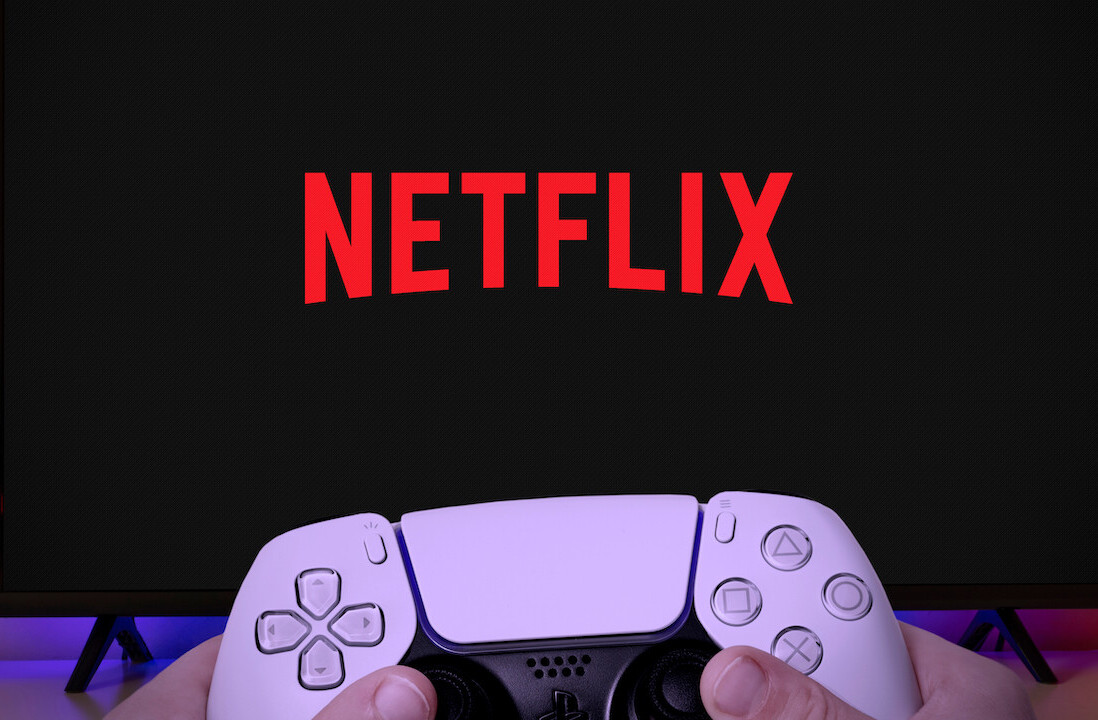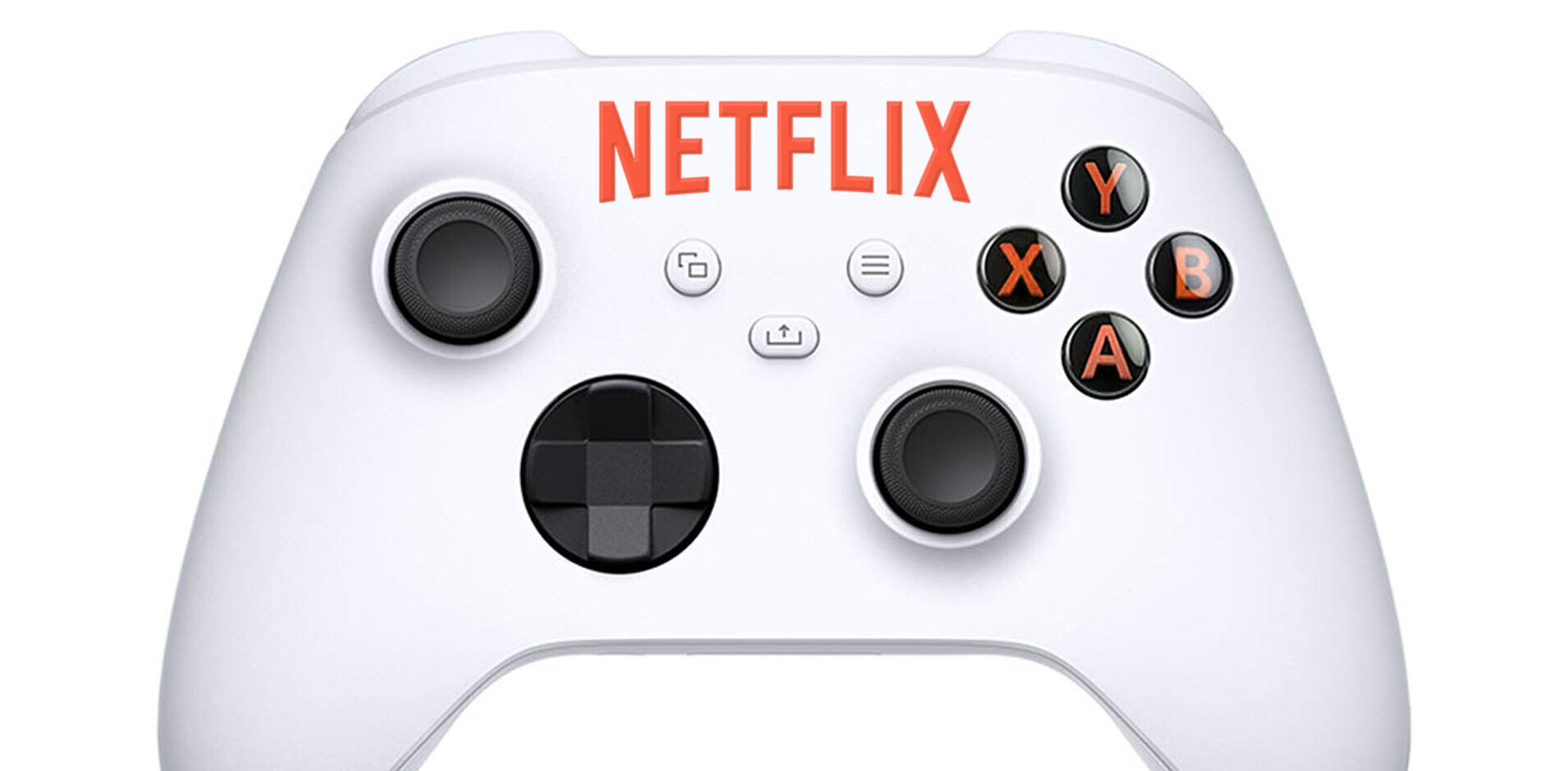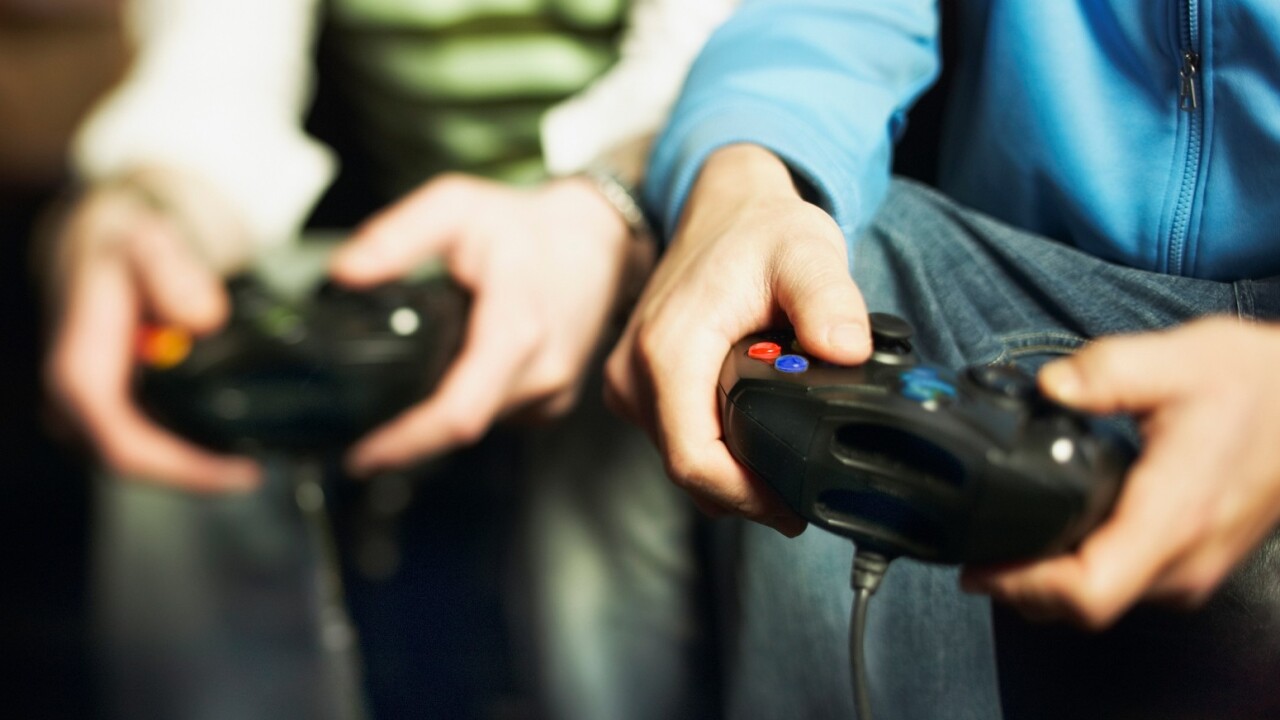
Another year passes into time’s dustbin — and what a year it’s been. For gamers, the year’s been rife with controversies and shake-ups. It hasn’t all been positive… but it hasn’t all been negative either. Here are some of the biggest news stories from the gaming industry in 2019.
The Store Wars
PC gaming has always been a market cornered by one major player — namely, Valve’s Steam platform. Smaller competitors like GOG might offer some competition, but Steam has for years felt almost too big to be approached.
Enter Epic Games. This company, flying high from its smash hit Fortnite, decided to start a storefront of its own. It sought to attract users via exclusive games they couldn’t get on Steam, and began approaching game developers. Shortly after being revealed, the Epic Store offered The Division 2, Metro Exodus, Borderlands 3, and The Outer Worlds, among many others.
.@Ubisoft to release Tom Clancy's #TheDivision2 on Epic Games store. Details here – https://t.co/SQeUQR7btR pic.twitter.com/9zOGSEcDAR
— Epic Games Store (@EpicGames) January 9, 2019
This shake-up caused a massive split in the community, as many users chose sides that were closer to “Epic Bad vs Epic Good” than “Epic vs Steam.” It got more than a little heated — some developers reported getting death threats when they announced their games would be Epic Store-exclusive.
Epic Store supporters pointed out that Steam could use a little competition, and that having more storefronts from which to purchase your games was not that big of a deal. Indeed, several developers spoke favorably about exclusivity and the benefits that a payout from a company like Epic got them.
Okay, so we did the thing!
The thing people get angry about.
But maybe don't get angry about it? pic.twitter.com/hZR9rTZVvP
— Ooblets (@ooblets) August 1, 2019
Critics pointed out that some of the games were already supposed to be on Steam — in fact, at least one crowdfunded game had offered Steam codes of the game as a patron reward. It later had to return that money when the exclusivity contract made honoring such promises impossible.
For the most part, the furor over this has died down, and the Epic Store appears to have waited out its critics and is here to stay. Red Dead Redemption 2’s PC release came out on the Epic Store before it did on Steam, and I didn’t hear more than the usual quiet grumbling about it.
Stadia wants to disrupt everything
The announcement and launch of Google’s Stadia, a cloud-based gaming service that purported to do away with TV-bound consoles, was an eyebrow-raiser. This cloud-gaming conceit is being sold — by Google and by competitors who were working on similar projects — as the future of gaming.
Stadia isn’t that different from console-based streaming services, such as Microsoft’s Project xCloud. It proposed to untether gaming from consoles, although that was undercut somewhat when the only version of Stadia available at launch was an expensive Chromecast bundle — effectively kneecapping its defense that it’s not bound to a single device.
ICYMI: Stadia will start arriving November 19! → https://t.co/Ze99xh4g1I
We’re just one month away from launch so get yourself ready with everything you need to know about Stadia in this handy guide. pic.twitter.com/5OtVmoUsgz
— Stadia (@GoogleStadia) October 17, 2019
If y’all know me, you know I’ve expressed skepticism with Stadia’s claims before, if only because I feel it’s healthier that way. Before it came out, some of Google’s claims about the product seemed a little farfetched. There’s also the fact that Stadia requires very high internet speeds in order to offer the 4K graphics it touted in its marketing campaign — and lots of people (myself included) don’t have access to that kind of internet.
As it is, Stadia’s currently in more of a soft launch state. There have been mixed reports, but some of the games certainly seem to be a hit. Considering we’ve transitioned away from physical media when it comes to movies, it doesn’t seem that farfetched that we’ll eventually do so with games.
Despite being the year of its official release, Stadia probably won’t have its shot until the non-bundle version launches sometime next year. Then we’ll be able to see how much value the average gamer gets from it.
The launch of Apple Arcade
If the Store Wars were any indication, the manner in which games are distributed is a matter of great importance to gamers. The games on Apple’s App Store have always been something of a free-for-all, so it was a pleasant surprise when Apple said it was going to offer a panacea in the form of a subscription service called Arcade.
To put it mildly, mobile gaming is rife with freemium models. From Candy Crush Saga on down, you can’t swing the figurative dead cat in the App or Play Stores without hitting a dozen free games funded by microtransactions and littered with crappy ads. It’s not a problem the rest of the gaming world has, or at least not to this extent.
Apple Arcade is here. An all-new way to enjoy groundbreaking games without limits.
Find it now on the @AppStore: https://t.co/BR7BfvIqQm pic.twitter.com/SQDWHnFzzt
— Apple Arcade (@AppleArcade) September 19, 2019
Arcade promised to be — and actually is — different. It has a great array of games, from platformers to puzzles to RPGs, and there’s not a microtransaction or ad in sight. It seems almost disingenuous to praise Apple for finding a solution to a problem it permitted to proliferate, but that’s what it did.
Mobile gaming can sometimes be overlooked in favor of the bigger games that come out on console and PC, but it’s still an important cornerstone of the industry. Considering the amount of games on offer, Arcade’s a good deal all around for $4.99 a month.
The suicide of Desmond Amofah
Desmond “Etika” Amofah was best known for his involvement in the Smash Bros community. The boisterous YouTuber had an instantly recognizable energy and character. I was fortunate enough to meet him briefly at TwitchCon a few years ago.
Amofah openly struggled with his mental health, and expressed suicidal thoughts and intentions on multiple occasions. He was reported as a missing person in late June, and several of his belongings were discovered on the Manhattan Bridge. On June 25, the NYPD reported that Amofah had been found deceased.
We regret to inform that Desmond Amofah aka Etika has been found deceased. https://t.co/sedwZZxglw
— NYPD NEWS (@NYPDnews) June 25, 2019
Since his death, fans have been lobbying to get his final video — which might well be his last communication — restored to YouTube. His death also cast a light on YouTubers’ and streamers’ difficulties with depression and anxiety, and how their work frequently exacerbates the problem in unacknowledged ways.
The gaming community continues to mourn the loss of Etika. If you’re having suicidal thoughts, or know someone who is, we urge you to contact the National Suicide Hotline at 1-800-273-8255. Users outside the US can find a list of support hotlines here.
The MeToo moment that wasn’t
Around August, members of the game development community began to come forward with some stories. If you’re familiar with the 2017 MeToo movement, in which many women (and men) shared their stories of abuse and sexual assault, often for the first time, you’d recognize this as something very similar.
While women in the gaming community had been coming forward with their stories since even before the original MeToo movement, this particular wave began when developer Natalie Lawhead alleged they had been raped by video game composer Jeremy Soule. Later, other people in the indie gaming community came forward to tell stories about other figures. One of the most prominent voices was Depression Quest developer Zoe Quinn, who accused A Night in the Woods developer Alec Holowka of sexually assaulting them.
I’ve been silent about this for almost my entire career and i can’t do it anymore. Sorry if this is rambling and messy, I’m scared shitless to out an industry legend like this but I can’t live with the secret anymore 1/2 pic.twitter.com/DpbhtuaoEP
— zoë “Citzen Candy Cane” quinn (@UnburntWitch) August 27, 2019
It appeared the gaming community was about to kick over a rock, uncovering the industry’s bad characters in the same way MeToo drew the alleged infractions of Harvey Weinstein into the light. But something happened which irreparably complicated the situation.
On August 31, Alec Holowka’s sister reported his suicide. And, despite it being against the expressed wishes of Holowka as reported by his family, many turned on Quinn, calling them a murderer for accusing him and questioning their credibility. Similar hatred was turned on Holowka’s fellow developers of Night in the Woods, given that they stated they found the allegations credible.
Alec Holowka died last week. We're devastated. It's a complex situation, too complex for a tweet thread. The NITW subreddit actually has a good roundup of what happened including a link to a long post from us written before we'd found out about Alec.https://t.co/qqdJ6BT9TA
— Night In The Woods (@NightInTheWoods) September 3, 2019
And just like that, gaming’s MeToo moment seemed to get mired in a blame game, with the efficacy of accusations in the court of public opinion being debated — ironically and appropriately — in the court of public opinion. I leave this topic with the words of Holowka’s sister Eileen, who wrote in Medium post: “Alec’s suicide was his decision entirely. It is not helpful to point fingers, we’ve seen the harm that that can cause. But it would also be a mistake not to use this moment as a chance to reconsider how we want to deal with situations like these in the future.”
Blizzard/Hong Kong controversy
The socio-political situation in Hong Kong has spread beyond Hong Kong itself, as various industries have been pulled into the complicated situation. As of October, that including the gaming industry — more specifically, Blizzard.
The controversy began when a pro Hearthstone player and Hong Kong native named Ng Wai Chung — or “Blitzchung” — proclaimed his support for the Hong Kong protestors during an official Blizzard livestream. Blitzchung was, at the time, competing in the Hearthstone Grandmasters tournament, and was being scheduled to be interviewed after a major win. When he appeared on the stream, he shouted “Liberate Hong Kong, revolution of our time,” much to the chagrin of the casters.
[BREAKING] Hong Kong Hearthstone player @blitzchungHS calls for liberation of his country in post-game interview:https://t.co/3AgQAaPioj
@Matthieist #Hearthstone pic.twitter.com/DnaMSEaM4g
— Inven Global? (@InvenGlobal) October 6, 2019
In response to this, Blizzard banned Blitzchung from Hearthstone tourneys for a year, kicked him out of the Grandmasters, and forfeited the prize money he’d won up to that point. It also terminated its contract with the casters. The ostensible reason was that players were not permitted to express personal views on official streams.
Of course, many accused Blizzard of pandering to the Chinese government, upon whose goodwill it and many other game publishers rely to retain access to the massive Chinese gaming contingent. This caused a wave of backlash against the company, culminating in a letter from several American politicians. This bipartisan letter urged Blizzard not to stifle freedom of speech or punish players for expressing their opinions.
[中/ENG] Personal statement, view on Blizzard's decision and future planning
Read: https://t.co/2YgO8XhTFq
— Ng Wai Chung (@blitzchungHS) October 12, 2019
Blizzard later reduced Blitzchung’s ban to six months. Blizzard president J Allen Brack said the ban was strictly about keeping official streams on topic, and not letting them veer into territory non-game-related. He told PC Gamer, “it’s not about the content of Blitzchung’s message,” but about setting a precedent: “If we hadn’t taken action, if we hadn’t done something, you can imagine the trail that would be in our future around doing interviews. They would become times for people to make a statement about whatever they wanted to, on whatever issue. That’s just a path that we don’t want to go down.”
The PS5 and Xbox Series X are coming
To end on a somewhat more positive note, Sony and Microsoft both revealed their next-generation consoles, which are planned for a release late next year. The new Series X, originally called Project Scarlett, was officially named at The Game Awards — with hints that we might see other “Series” Xboxes in the future. The PS5, meanwhile, is following Sony’s numerical naming scheme.
The Xbox Series X is looking powerful, even if it’s got a slightly uninspired appearance — one commenter compared it with a refrigerator. While we don’t yet know exactly what the PS5 will look like (though the devkit does look delightfully bizarre), we do know what kind of hardware each will be sporting. Both consoles will have SSDs, which should help cut down their load times. The PS5 will sport new haptic controls in its Dualshock, while Scarlett will be backwards compatible with all previous generations of Xbox games.
We don’t yet know what kinds of games will be available on the PS5 (though I still suspect Horizon Zero Dawn 2 is a strong contender for a launch title), but Microsoft has already said that Halo Infinite and Hellblade II will come to the Series X.
PlayStation 5 launches holiday 2020: https://t.co/VuaxUVoBaR #PS5 pic.twitter.com/MPkKyRaHio
— PlayStation (@PlayStation) October 8, 2019
Both consoles are due to come out “Holiday 2020.” Here’s hoping we get a good look at both of them sometime in the new year.
[Update: This article has been edited to correct a mistake in the MeToo story.]
Get the TNW newsletter
Get the most important tech news in your inbox each week.

